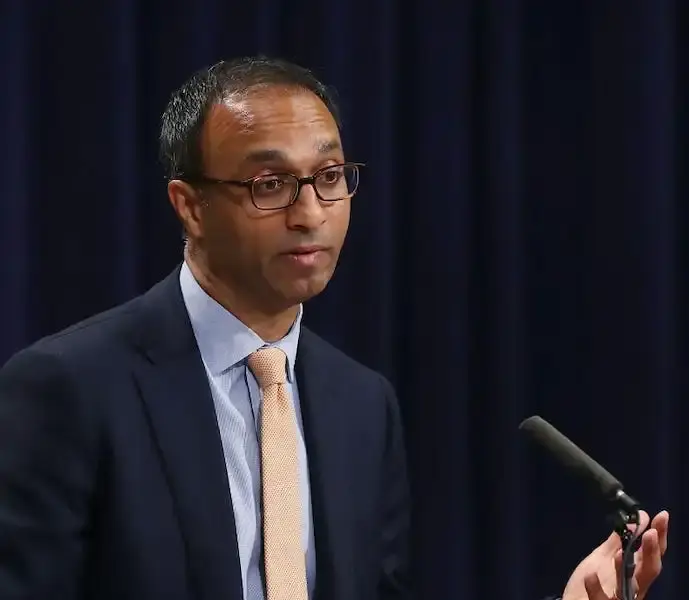Excellent article that really looks at the history of antitrust law and draws a pretty spot-on analysis of the current case, and how the presiding judge, Amit Mehta, compares to Harold Greene, who broke up AT&T:
There is also a loss of faith in American institutions writ broadly, which differs from the 1980s. At the same time as he’s been dealing with Google, Mehta is presiding over trials of January 6th perpetrators, a showcase of the deep fissures that simply did not exist decades earlier. One result is that the politics of corporate power is very different, and that antitrust is on a generational and bipartisan upswing. (Indeed, Trump’s Attorney General Bill Barr brought the case, Biden’s antitrust chief, Jonathan Kanter, is continuing it.)
The net effect is that Mehta is an important actor here, but not as important as Greene. The case is likely to be appealed, probably all the way to the Supreme Court. And if the Supreme Court erodes antitrust caselaw against Google, then Congress will be confronted with the reality that it is hard to use the existing antitrust laws to address big tech. But ultimately if no cases against dominant firms succeed, then eventually Congress will change the law. Moreover, this case isn’t a one-off; the environment is less like AT&T in 1982, or even Microsoft in 1998, and more like that of the turn of the 19th century, when Roosevelt, Taft, and Wilson brought dozens of cases against dominant firms. This is one chapter in the fight over corporate power, but not the only one.
I think the author is being a bit too hopeful here that Congress will enact stronger anti-trust legislation if the case fails, but he’s likely right about this eventually ending up in front of the Supreme Court.
or even Microsoft in 1998
Microsoft got off with an incredibly light slap on the wrist in 1998 considering what they’d done. I’ve worked as a software dev for 30 years and I’d say that Microsoft successfully held back progress and the web for a good 10 years.
Excellent article! Very interesting read and I really hope this case leads to Google being split up. Google search is completely useless these days but I get why we see so few true alternatives, Google is just too big and eats up all possible revenue and running a search engine isn’t cheap.
If it’s so useless, why do you keep using it? And why would you expect it to get better if Google is broken up?
why would you expect it to get better if Google is broken up?
Google has a massive conflict of interest; it both sells ads to SEO’ed websites, and ranks searches. Their incentive is for you to go to the pages with the most of their ads possible. Even a company with revenue purely from ads on the search page has less terrible incentives.I switched to Duck Duck Go.
It’s the best thing that can happen to Google. It’s a 3000 megaton ship that has lost its way. It has hands in a dozen industries and is mediocre at all, only floating through its own sheer bloat.
A trimmed down Google would bring actual innovation.
Sounds like just the remedy to their latest “Web Integrity API” scheming.
Bye, bye YouTube.
I hate whataboutism’s, but, why hasn’t Apple and Disney been targeted yet?
or Amazon, or … oh there’s a list
https://www.openmarketsinstitute.org/learn/monopoly-by-the-numbers
Somehow I forgot about Amazon… lol
What a pleasure to stumble across a random article and see it was written by Matt Stoller.
We need more Matt Stoller in Lemmy
Kind of pathetic that it’s the first big one, given our economic structure and the fact that we’re nearly a quarter into the century.







